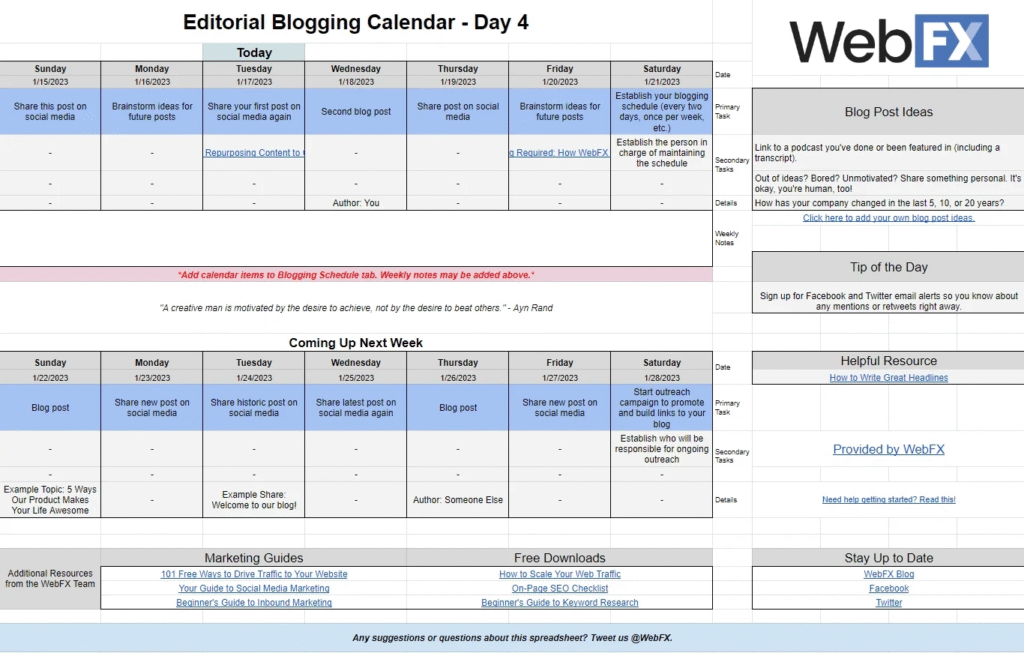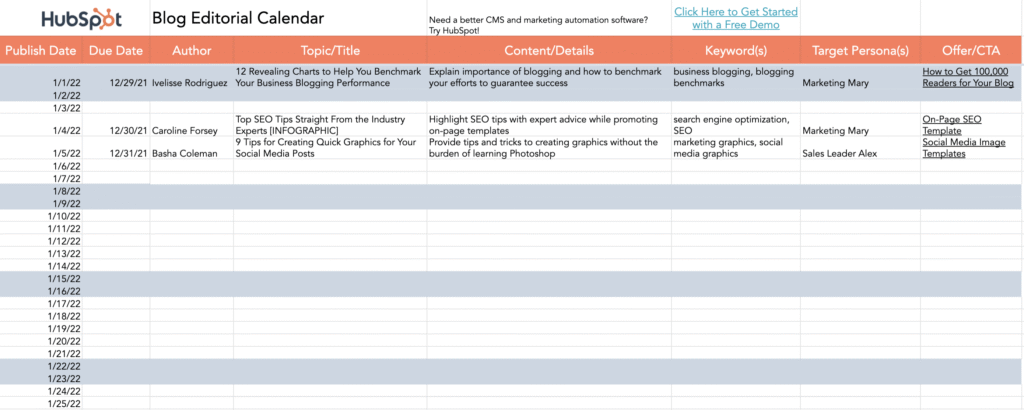Starting a blog is exciting—but staying consistent with it? That’s the real challenge.
Whether you’re just launching your WordPress blog or have already published a few posts, inconsistency can kill your momentum, SEO growth, and audience trust. The good news? Building consistency isn’t about perfection—it’s about building the right habits and systems.
In this post from Helping Bloggers, you’ll learn powerful, beginner-friendly tips to help you blog consistently, even when motivation runs low.
Why Consistency Matters in Blogging
Let’s start by understanding why consistency is the secret weapon of successful bloggers:
- Improves SEO performance
Search engines love fresh content. Publishing regularly increases your chances of ranking on Google. - Builds audience trust
Readers return when they know new content is coming consistently. - Establishes authority
Frequent, valuable posts show your expertise in your niche. - Increases traffic and engagement
More posts = more opportunities for people to discover and share your blog.

Common Reasons New Bloggers Struggle with Consistency
Before we dive into solutions, let’s look at the biggest reasons beginners fail to stay consistent:
- Unrealistic expectations
- No blogging routine or schedule
- Perfectionism and over-editing
- Lack of clear niche or focus
- Burnout from doing too much too fast
Sound familiar? You’re not alone.
Let’s now break down how to overcome these and build a consistent blogging rhythm.
Set Clear, Achievable Blogging Goals
Instead of trying to post every day, aim for something realistic. For beginners, even 1 post per week is a solid start.
Tips to Set Effective Blogging Goals:
- Start with a monthly content goal (e.g., 4 blog posts)
- Use the SMART framework (Specific, Measurable, Achievable, Relevant, Time-bound)
- Break big goals into daily writing habits
✅ Example: “Write 300 words every morning at 8 AM.”
Create a Content Calendar (Your Blogging Blueprint)
A content calendar helps you plan, prioritize, and post without panic.
How to Build Your Content Calendar:
- Use Google Sheets, Trello, Notion, or a WordPress plugin
- List topics by date and add deadlines for:
- Topic research
- Writing
- Editing
- Publishing

Batch Your Blogging Tasks
Blogging involves more than writing—there’s keyword research, image creation, editing, and promotion.
Batching means doing similar tasks together to save time.
Try this workflow:
- Monday: Research & outline 2–3 posts
- Tuesday: Write first drafts
- Wednesday: Edit & add images
- Thursday: Schedule posts
- Friday: Promote via social media
You’ll avoid context-switching and get more done in less time.
Write Before You Edit
Perfectionism kills momentum. When you write, just write.
Use the “Ugly First Draft” Rule:
- Don’t worry about grammar or structure initially
- Get your ideas on the page fast
- Edit later with fresh eyes
This technique alone can help you double your blogging output.

Repurpose & Refresh Old Content
Don’t start from scratch every time.
Here’s how to repurpose your existing content:
- Turn a long post into multiple short ones
- Convert bullet points into full blog articles
- Update old blog posts for SEO and add new stats
This strategy helps you stay consistent with less effort.
Use AI Tools to Overcome Writer’s Block
Tools like ChatGPT, Grammarly, or SurferSEO can help when you’re stuck or tired.
What AI Can Help With:
- Blog post outlines
- Keyword suggestions
- Meta descriptions
- Blog intros and conclusions
Caution: Always personalize the AI-generated content to maintain your authentic voice.

Limit Distractions During Writing Time
Protect your creative time like gold.
Try These Focus Techniques:
- Use the Pomodoro technique (25 mins work, 5 mins rest)
- Put your phone on Do Not Disturb
- Use apps like Forest, Cold Turkey, or Focus To-Do
Build an environment where you can write without interruption.
Celebrate Milestones (Big or Small)
Reward yourself for sticking to your blogging plan.
Example milestones:
- Publishing 10 blog posts
- Getting your first 100 views
- Posting every week for a month
Small wins help build long-term habits and keep you motivated.
Join a Blogging Community
Being part of a supportive blogging group can keep you accountable and inspired.
Where to Find Communities:
- Facebook Groups (e.g., Blogging for Beginners, WordPress Bloggers)
- Reddit (e.g., r/Blogging)
- Twitter/X threads
- Your own website’s readers and commenters
Consider joining forums where you can ask questions, share wins, and stay encouraged.

Don’t Wait for Motivation—Create a Routine
Motivation fades. Systems last.
Build a Blogging Habit:
- Set a daily or weekly time to write
- Use habit trackers (Google Sheets, Habitica)
- Tie blogging to an existing habit (e.g., coffee + writing = daily combo)
When blogging becomes part of your routine, you won’t need willpower to stay consistent.
Bonus: Blog Smarter, Not Harder
Staying consistent doesn’t mean doing everything yourself.
Consider:
- Using templates for blog formatting
- Hiring a freelance editor or virtual assistant
- Automating social media posts with tools like Buffer or MissingLettr
Work smart and protect your time.
Frequently Asked Questions (FAQ)
Yes, but make sure you review, personalize, and optimize the content. Your blog should still reflect your unique voice.
It takes around 21–30 days of repetition to form a habit. Stick to a simple blogging routine daily or weekly to see results.
Final Thoughts: Consistency Builds Blogging Success
Every successful blogger started where you are—struggling to post regularly, second-guessing their ideas, and battling distractions.
But they pushed through.
By following the strategies above, you can build a powerful, consistent blogging routine that fuels your traffic, grows your brand, and helps you succeed as a blogger.
Remember: Consistency > Perfection.
Keep going, even when it’s hard—and you’ll thank yourself later.






